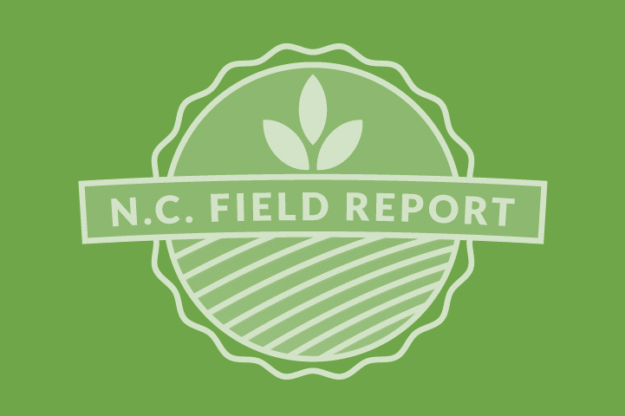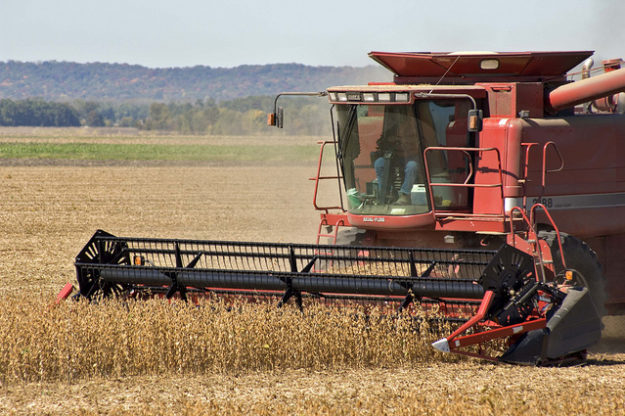Join the N.C. Soybean Producers Association at the N.C. State Fair
The N.C. State Fair begins this Thurs., 10/12, and continues through Sun., 10/22, in Raleigh, and the NCSPA is once again proud to be a part of it! The association is sponsoring the Got to Be N.C. tent to educate fair goers about soy and its many uses. The booth features a giant visual of…
Details








